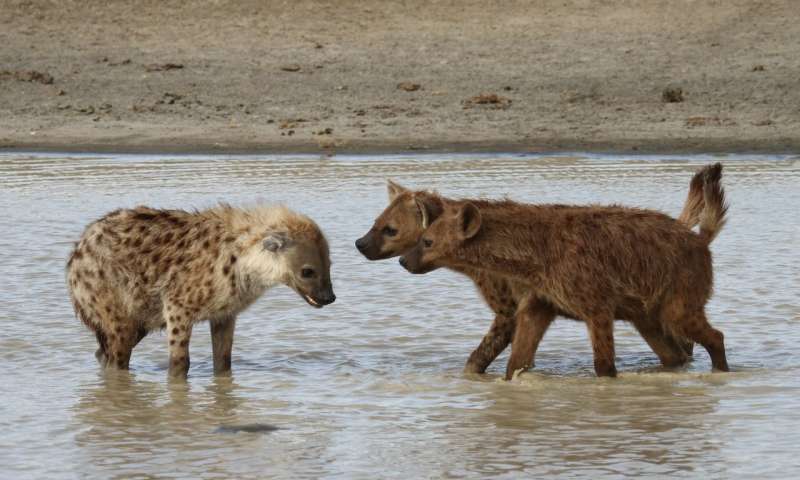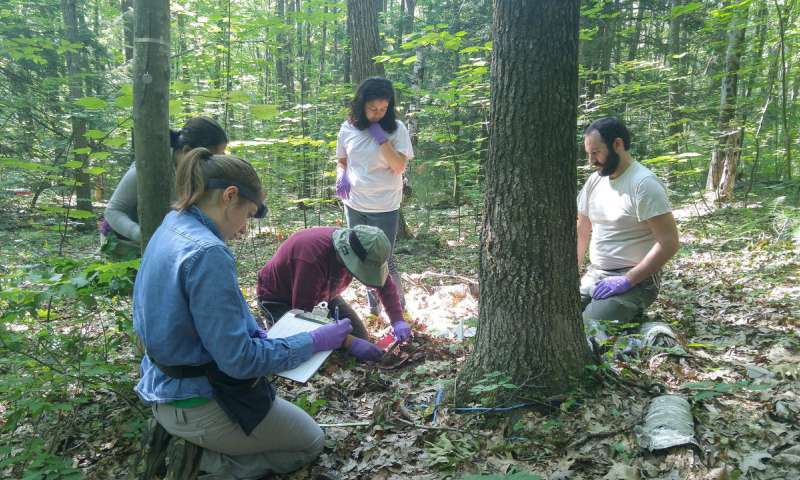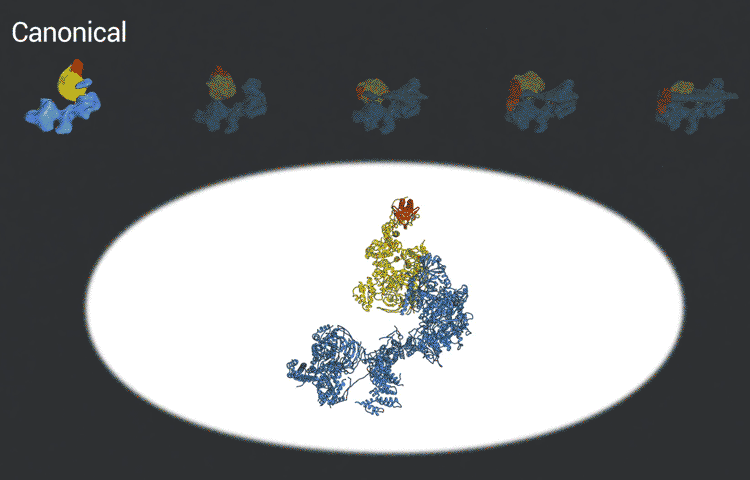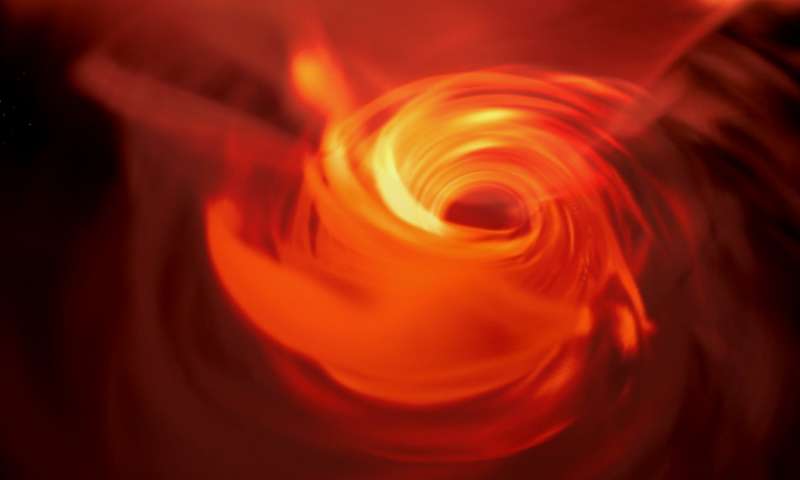4,000-year-old termite mounds found in Brazil are visible from space
Researchers reporting in Current Biology on November 19 have found that a vast array of regularly spaced, still-inhabited termite mounds in northeastern Brazil—covering an...
Greenhouse gasses triggering more changes than we can handle
A new study published in Nature Climate Change provides one of the most comprehensive assessments yet of how humanity is being impacted by the...
Doomed star in Milky Way threatens rare gamma-ray burst
University of Sydney astronomers, working with international colleagues, have found a star system like none seen before in our galaxy.
The scientists believe one of...
How female hyaenas came to dominate males
In most animal societies, members of one sex dominate those of the other. Is this, as widely believed, an inevitable consequence of a disparity...
‘True polar wander’ may have caused ice age
Earth's latest ice age may have been caused by changes deep inside the planet. Based on evidence from the Pacific Ocean, including the position...
The subtle science of wok tossing
Wok tossing is essential for making a good fried rice—or so claim a group of researchers presenting new work at the American Physical Society's...
Scientists create atomic scale, 2-D electronic kagome lattice
Scientists from the University of Wollongong (UOW), working with colleagues at China's Beihang University, Nankai University, and Institute of Physics at Chinese Academy of...
Rare and diverse giant viruses unexpectedly found in a forest soil ecosystem
Until recently, scientists thought of viruses as mostly small infectious agents, tiny compared to typical bacteria and human cells. So imagine the surprise when...
Freeze-frame microscopy captures molecule’s ‘lock-and-load’ on DNA
Pushing the limits of cryo-electron microscopy, University of California, Berkeley, scientists have captured freeze-frames of the changing shape of a huge molecule, one of...
Scientists explain how wombats drop cubed poop
Wombats, the chubby and beloved, short-legged marsupials native to Australia, are central to a biological mystery in the animal kingdom: How do they produce...
Researchers have created a virtual reality simulation of a supermassive black hole
The black hole at the centre of our galaxy, Sagittarius A*, has been visualised in virtual reality for the first time. The details are...















